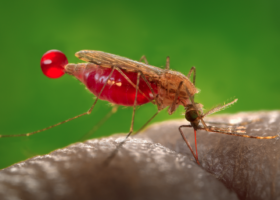
Could making buffets for mosquitoes help us learn about their preferences for human hosts?
Mosquitoes use scent cues to locate humans to feed upon, but do some humans smell more appealing than others, and if so, why?

Mosquitoes use scent cues to locate humans to feed upon, but do some humans smell more appealing than others, and if so, why?
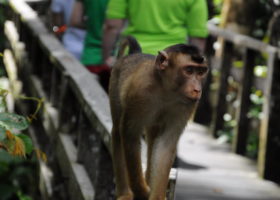
The rise in human cases of zoonotic malaria poses a threat to control and elimination programmes in Southeast Asia, and a recent review highlights the… Read more »
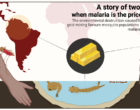
In many places around the world, malaria is closely linked to illegal gold mining: environmental destruction, poor access to… Read more »
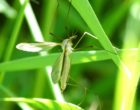
By testing odours associated with malaria infection identified in a previous study, it was discovered that a specific odour-blend,… Read more »
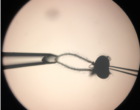
Characteristic skin odour associated with malaria is attractive to mosquitoes
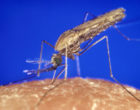
The topic of this blog coincides nicely with Charles Darwin’s birthday week. The techniques that we use to study evolution… Read more »
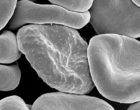
A molecule produced by the malaria parasite makes its host more attractive to mosquitoes and affects mosquito physiology in ways… Read more »

The pleiotropic function of TEP1 genes in mosquito immunity and reproduction suggests that there is a significant cost to male… Read more »

Victor Brugman (The Pirbright Institute) and Stacey Leech (Public Health England) This month saw a swarm of parasitologists,… Read more »

The Bill and Melinda Gates Foundation has just celebrated the tenth anniversary of its Grand Challenges in Global Health… Read more »